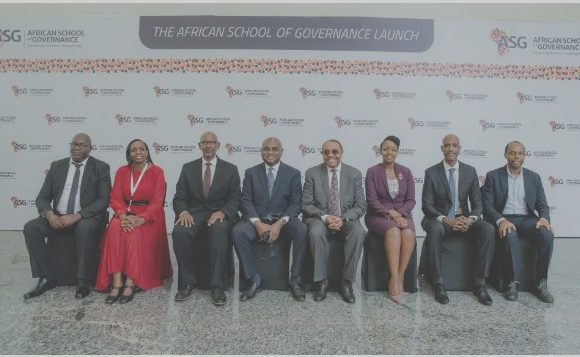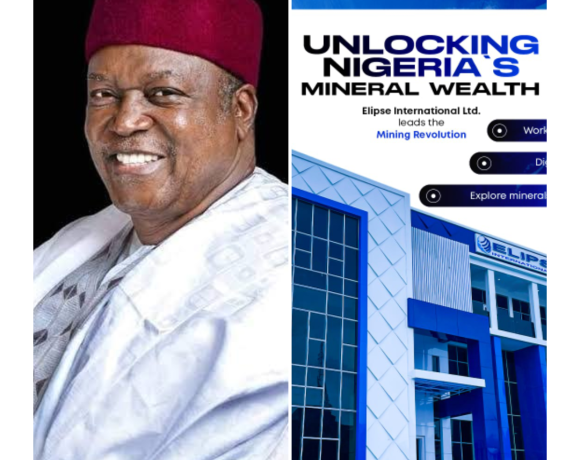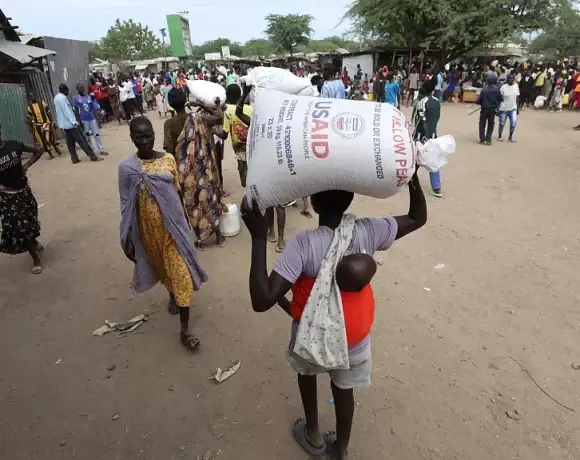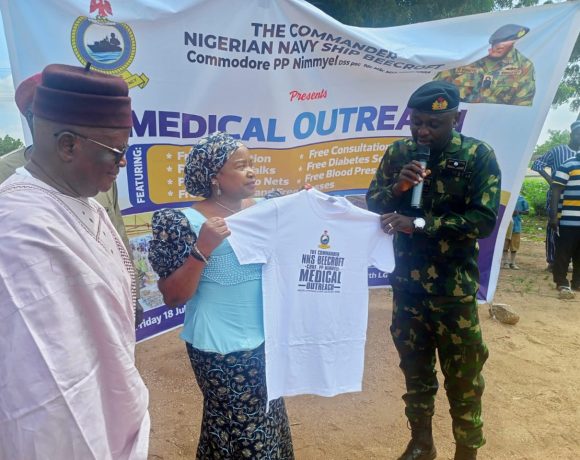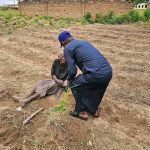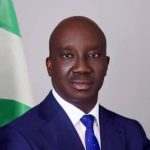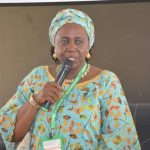Empowering Nigeria’s States, A Call for Vigilance, Unity to Transform Lives

Nigeria
Nigeria, a land blessed with vibrant culture, abundant resources, and a resilient people, now faces one of its most pivotal economic moments. The combined shocks of the COVID-19 pandemic, fluctuating oil prices, and rising inflation have created waves of hardship across the nation, affecting the livelihoods of millions. In this challenging context, the National Economic Council’s decision to release a special intervention fund of 3 billion naira to each of Nigeria’s 36 states and the Federal Capital Territory is a beacon of hope — a much-needed lifeline that could spark transformative change.
But behind the macroeconomic data and government press releases lie the stories of ordinary Nigerians: mothers struggling to put food on the table, youths desperate for job opportunities, healthcare workers battling inadequate facilities, and communities yearning for better schools and roads. These human faces remind us that the success of this intervention depends ultimately on people — the citizens who stand to benefit, as well as those tasked with stewarding these funds wisely.
Take, for example, Mrs. Amina Bello, a market woman in Kaduna, who has watched the prices of basic goods steadily climb while her daily earnings remain stagnant. Like many Nigerians, she dreams of a day when her children can attend quality schools and when good healthcare is more than a privilege reserved for the wealthy. Or consider Chinedu, a university graduate in Enugu, whose job hunt is marked by frustration and uncertainty. For them, the new funds represent more than numbers on a government ledger — they signify the promise of jobs, improved infrastructure, and renewed dignity.
Across Nigeria, countless families are counting on the state governments to transform these funds into tangible improvements. When roads are repaired, travel becomes less daunting; when hospitals are better equipped, lives are saved; when schools receive proper funding, future generations have a brighter path. The intervention fund holds the power to touch lives directly, but only if it is managed with transparency, efficiency, and genuine commitment.
Unfortunately, Nigeria’s past experiences with funds allocated for development tell a cautionary tale. Stories of delays, misappropriation, and poor execution have sometimes shaken public trust. This history underscores the need for an engaged and vigilant citizenry. The Advocacy Against Theft of Social Grants (AATSG) has called upon Nigerians not to be passive observers but active participants in monitoring how this intervention unfolds in their states.
For citizens, this means attending town hall meetings, following budget disclosures, and using social media responsibly to highlight successes or expose shortcomings. Consider the power of local community groups forming oversight committees, where neighbors come together to track progress, document challenges, and hold leaders to account. This involvement transforms governance from a top-down process into a collaborative endeavor, where everyone has a stake in the outcome.
Governors stand at the center of this intervention’s success. Their leadership will determine whether the funds reach schools, health centers, small businesses, and infrastructure projects that truly address local needs. Governors who listen attentively to their constituents can channel resources into initiatives that create jobs, improve sanitation, expand electricity access, and empower youths and women.
Local traditional rulers, religious leaders, and civil society organizations also play a key role as trusted intermediaries. When these groups cooperate with government authorities, the flow of information improves, and communities feel their voices are heard. This sense of inclusion fosters hope and restores confidence in public institutions.
In this digital age, technology offers powerful tools to promote transparency and civic engagement. Mobile apps, SMS platforms, and social media channels can enable real-time tracking of projects and expenditures, making it easier for citizens to report irregularities or applaud progress. For instance, the youth in Lagos have started an initiative to map ongoing state projects so that public funds are matched with visible results. Such grassroots innovations show that when empowered, Nigerians are eager to contribute meaningfully to governance.
Amidst economic uncertainty, many Nigerians battle feelings of frustration, skepticism, and hopelessness. The success of this intervention fund is not just about infrastructure but about healing a fractured social contract. When citizens witness integrity in the management of public resources, their trust in government is rebuilt. This renewed faith can energize collective efforts toward national development and inspire a shared sense of pride.
Similarly, when citizens feel heard and included, a powerful sense of ownership emerges. Instead of disengagement or apathy, Nigerians can become champions of accountability and agents of positive change. This emotional connection between people and governance is vital for Nigeria’s long-term stability and prosperity.
The release of 3 billion naira to each state is more than a financial policy — it is a historic opportunity to shape the future of Nigeria. The funds can catalyze progress in healthcare, education, infrastructure, and employment, fostering economic resilience and improved quality of life. But this vision requires a shared commitment from all Nigerians.
Citizens must step forward boldly, making their voices heard and demanding transparency. Governors and officials must demonstrate accountability and responsiveness. Civil society, traditional institutions, faith groups, and the media must work in tandem to nurture an environment of vigilance and cooperation.
At this critical juncture, hope is palpable. From the bustling markets of Kano to the serene villages of Cross River, Nigerians dream of better days. The intervention fund can be the spark that ignites collective progress. Yet, it is our collective responsibility to ensure that this promise is fulfilled—not just in numbers, but in everyday lives transformed.
As Nigerians, the future belongs to us all. Our combined energy, integrity, and resolve will determine whether this intervention translates into lasting change. Let this moment be remembered as the point when citizens and leaders stood together, vowed to uphold transparency, and worked hand in hand to realize a prosperous Nigeria.
Together, let us embrace active citizenship—not as an obligation, but as a privilege—to turn economic challenges into opportunities. For Nigeria’s next generation, for our communities, and for the soul of our nation, the time to act is now.
Otunba (Dr.) Abdulfalil Abayomi Odunowo, D.Sc (h.c)
National Chairman
Asiwaju Ahmed Tinubu Support Group (AATSG)
Sent by Correspondent Dooyum Naadzenga


